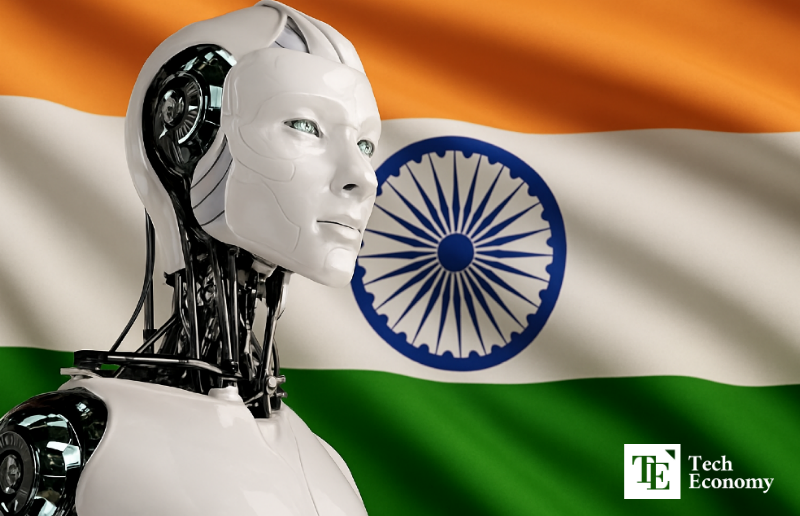India’s IT Outsourcing Stronghold Falters as AI Wave Triggers Mass Layoffs
Input
Modified
Intensifying AI ‘Job Onslaught’ Indian creators, developers, and office workers exposed to AI threat Hiring volume plunges 75%, as many as 500,000 jobs may vanish within 2–3 years

India’s IT services sector, long a global outsourcing powerhouse on the back of low-cost skilled labor, is crumbling under the advance of AI. Repetitive functions such as basic coding and customer support are being rapidly automated, raising fears that hundreds of thousands could lose their jobs. Industry observers warn that outsourcing hubs such as Bengaluru may face an existential threat.
TCS and Oracle Lead Layoff Wave
According to industry sources on the 27th, large-scale restructuring is sweeping through India’s IT and BPO (Business Process Outsourcing) sectors. Tata Consultancy Services (TCS), the country’s largest IT services firm, is at the forefront, announcing earlier this month that it would cut 12,000 jobs—around 2% of its workforce. U.S. tech giant Oracle has also slashed 10% of its Indian headcount, downsizing its software development, cloud services, and customer support operations.
In total, job cuts at Indian IT services companies have reached 80,000 over the past 18 months. Infosys, another industry giant, eliminated 26,000 positions in fiscal 2024 and followed up this year with 700 trainee dismissals. Wipro shed 24,500 roles in fiscal 2024 and has recently axed hundreds more mid-level employees. Tech Mahindra cut 10,700 jobs, including 1,700 in the fourth quarter of fiscal 2025 alone.
‘High-Volume, Low-Cost’ Model Under Strain
While the official line is restructuring, analysts argue that roles most susceptible to AI substitution have borne the brunt. For decades, firms like TCS built their business models around offering global clients software at lower cost by leveraging India’s inexpensive skilled workforce. As a result, IT services came to be regarded as a pillar of the Indian economy. According to NASSCOM, the sector employed roughly 5.67 million people as of March and accounted for more than 7% of GDP.
That model is now in jeopardy. With AI deployed in coding, testing, and customer support, the foundations of the industry are being shaken. Clients increasingly demand not just cost savings but innovative solutions. As Sonal Varma, chief economist at Nomura Securities, told CNBC recently, “AI adoption is India’s biggest challenge. Routine jobs are disappearing, and even middle management is under pressure to adapt.”

Bengaluru Outsourcing Hubs at Risk
Only a few years ago, major Indian IT firms collectively hired around 600,000 new graduates annually. That number has now plunged to about 150,000 over the past two years. Local consulting firms such as UnearthInsight warn that up to half a million jobs in India’s IT sector could disappear within the next two to three years.
Some industry insiders even predict the collapse of Bengaluru’s outsourcing hubs, long branded the “Silicon Valley of India.” With AI displacing low-level software development at speed, mass layoffs could materialize within months. Bloomberg echoed the concern, noting, “In regions like India with a heavy concentration of outsourcing programmers, the spread of AI could create severe disruptions.”
Local media have voiced alarm that the layoffs could directly hit India’s middle class and youth. The Indian Express warned, “The IT sector has traditionally been the most straightforward and coveted path to upward mobility and prosperity for India’s millions of engineering graduates. A downturn in job prospects here could ripple across the country’s economy and politics.” The Times of India, in a commentary titled “Code Red for Indian IT Talent?”, argued, “AI is dismantling the existing workforce pyramid.” Some experts further caution that job losses driven by new technologies may deepen inequality. The India Competitiveness Institute noted, “It is a dangerous assumption to overlook the socioeconomic barriers faced by those lacking equal access to education and opportunity.”





















